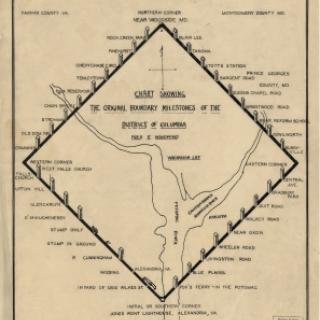Thawing the Cold War with Theatre
In the middle of the Cold War, the United States and the U.S.S.R. managed to find one thing they could agree on: culture. In 1958, the two countries reached an agreement which allowed each to send students, scientists, and performers to the other country to exchange new ideas and technologies.[1] The initial agreement, made during the space race and just a few years before the Cuban Missile Crisis, would eventually facilitate an exchange of 1,700 individuals. [2]
Even as relations between the nations deteriorated on other fronts, the cultural exchange continued.[3] Audiences were able to see dance groups, symphony orchestras, ice shows, circuses, operas, and individual artists. When American performers came to Russia, they nearly always had sold out shows. Duke Ellington visited in 1971, tickets for performances in Moscow sold on the black market for 20 times the normal price.[4] So, in the winter of 1972 when the Soviet Union’s Ministry of Culture asked for an acting group to be sent over, whichever company was selected by the State Department was going to have a huge opportunity on their hands.
After consulting an outside group of experts, the State Department narrowed the selection of theatres down to three: the Guthrie Theatre in Minneapolis, The American Conservatory Theater in San Francisco, and Arena Stage.[5] Decision makers eventually settled on Arena Stage to visit Moscow and Leningrad the following year because “of its generally recognized top status among American theaters.”[6] It also didn’t hurt that co-founder and producing director Zelda Fichandler had majored in Russian during her undergraduate studies at Cornell University,[7] and that other cast and crew were familiar with the language.
Once chosen, it became a matter of what two shows Fichlander and company wanted to bring to the Russian audiences. Arena Stage had already performed “Our Town” in the previous season, which made it a natural choice for the trip. The other show, “Inherit the Wind,” came from a list of over 50 plays presented to the Soviet Union.[8] The exchange agreement dictated that the State Department and the Soviet Union had to agree on the shows, and officials from both countries felt the two selections demonstrated American life while still respecting more modest Soviet sensibilities.[9]
Both shows were by playwrights admired in the U.S.S.R. and “Inherit the Wind,” which is about the Scopes Monkey Trial of the 1920s, could claim an additional connection to Lenin. In his office, Lenin had a brass sculpture of a monkey sitting on Darwin’s works, referencing the theory of evolution associated with the famous trial. [10]
The two productions posed some practical problems to both the government and the company itself. Even though the plays included large casts, the State Department couldn’t provide the company with a large budget, especially since the U.S. government was already footing the bill for travel. (Previously, the Soviet Union had paid for an American theatre company’s 1955 visit to perform “Porgy and Bess.”[11]) But Arena was determined to make the groundbreaking trip.
It would be the company’s first performance in Moscow on the Filial Stage of the Moscow Arts Theatre, and, for that matter, its first performance abroad. The trip was also the first non-musical American company to visit the Soviet Union and the first time that Americans would perform an American drama in the communist country.[12]
The work on the company’s side began long before it even left the District. While the group had just recently performed “Our Town,” the staging and set of the show had to be converted. Arena Stage’s main performance space was in the round, while the Russian stages were in a proscenium style, meaning the set designer, Ming Cho Lee, had a background to fill for the set. Associate producer Hugh Lester traveled to Moscow and Leningrad to get the measurements of the different stages where the company would perform.[13]
Meanwhile, back at home, Catholic University allowed the performers to rehearse in their Hartke Theater so they could space things out in the different theater orientation. While there, Arena gave several performances of both “Inherit the Wind” and “Our Town,” the last of which fell on September 27, which Mayor-Commission Walter Washington proclaimed as Arena Stage Day.[14] That night, back-to-back performances concluded with a champagne celebration with over “150 actors, actresses, directors, designers, and technicians as well as city and State Department officials.”[15]
A few days later, the company flew to the U.S.S.R., with 68 cast and crewmembers—plus one “unpredictable” monkey named Sheila with a walk on role in “Inherit the Wind.” Robert G. Kaiser, who The Washington Post sent along to cover the trip, deemed her the most pampered member of the theatre group. Shelia even had a bathroom to herself in Moscow’s Rossiya Hotel. [16]
For the human members of the production, Lester carefully calculated how much luggage each could bring – 44 pounds – to make sure there would also be enough room for the show props.[17]Meanwhile, the State Department issued some stern warnings on what not to pack. According to Terrance Currier, an actor with the company, various items from bibles to Playboy magazines were forbidden in the communist country. While some wanted to smuggle in these things, the State Department’s warning that violators lost government protection “produced a substantial dip in smuggling fever.”[18]
Once the plane touched down in Moscow, it was straight to rehearsal for the October 3 evening premiere in Moscow. The performers had less than two days—October 2 and part of the day on October 3—in the new space before the curtain went up.[19] Following the premiere, they’d have two more evenings of “Our Town” before “Inherit the Wind” opened on October 6 for three performances. Then they’d move on to Leningrad where they’d have seven alternating performances of “Our Town” and “Inherit the Wind” from October 11 to 15. [20]
Despite the short turnaround, and (according to Kaiser) a flat and monotone Russian translation of “Our Town,” Russian audiences enthusiastically received the Americans. On opening night, the audience “stood and clapped for the company for five minutes at the end of the play and would have continued had the actors been willing to take more bows.”[21]
The reaction was just the beginning of what associate director Alan Schneider would deem a “love affair,”[22] and even brought some members of the cast to tears.[23] The actors had been warned that the Russian audiences “were not in the habit of lavishing praise undeservedly,” so the strong audience response evoked a nearly equally strong response from the cast. Dianne West, an actress with the company, tearfully looked on the audience, saying, “Aren’t they beautiful?”[24]
Of course, the company had added some small touches for the specific audience. The show’s narrator introduced the first act of the show in Russian, and during an audience question portion of the show, the cast planted actor Len Stanton, who spoke fluent Russian, in the audience. He asked how much people of the play’s fictional town drank, to which Currier responded, “Well…I don’t know what you’d call much.” The audience broke into “uproarious laughter” at the response.[25]
Successive performances of “Our Town” and “Inherit the Wind” were similarly well received in Moscow and Leningrad, which came as a relief. Even though the Soviets had helped pick the program, some with Arena worried that Soviet officials would picture themselves in the ideological debate of “Inherit the Wind.”[26] In his journal for the Post, Kaiser noted that the debate between “Clarence Darrow’s pragmatic liberalism and William Jennings Bryan’s dogmatic, fundamentalist Christianity” could be translated to a debate between a liberal intellectual and an orthodox member of the Communist party with just a few small changes in dialogue. [27] The play comes down in favor of free thought, even if the trial didn’t.
But Kaiser found Russians unconcerned about the parallels. Noting the very American setting of the Tennessee Bible Belt, a young Russian concisely resolved any questions. “If it’s not about us, then it’s not about us.” [28]
In fact, Soviet audiences wholeheartedly embraced the group, especially those within the theatre community (who were invited to watch dress rehearsals to accommodate the high demand for tickets). Actors reported camaraderie with local theatre troupes, saying they could feel the Cold War thawing.
Oleg Tabakov, the director of the Sovermennik Theatre in Moscow said, “Through the universal language of art, we transcend politics.” [29]
“We are, in a small but significant way, participating in history,” said Currier. [30]
But the Washington company wasn’t just contributing to geopolitics. It was building up its own reputation globally as a theatre group. Later, Zelda Fichandler would go on to say, “The Arena company is more highly acclaimed and more accurately perceived in Moscow or Leningrad than it is in Washington or New York.” [31]
In subsequent seasons Arena Stage continued to put on shows from emerging American playwrights—which the theater was established to nurture, in opposition to the hit or miss nature of Broadway—as well as Russian ones, including “The Ascent of Mount Fuji” by Chingiz Aitmatov and Kaltai Mukhamedzhanov the season following their trip. [32]
Footnotes
- ^ Yale Richmond. "Cultural Exchange and the Cold War: How the West Won." American Communist History 9, no. 1 (June 2010): 61-75. America: History and Life with Full Text, EBSCOhost (accessed January 19, 2017).
- ^ Helen B. Shaffer. "Cultural Exchanges with Soviet Russia." In Editorial Research Reports 1959, vol. II, 493-511. Washington, DC: CQ Press, 1959. http://library.cqpress.com/cqresearcher/cqresrre1959070300.
- ^ Ibid. In fact, the scope exchange program expanded. In addition to exchanging performers, thousands of students were able to study in the U.S. and the U.S.S.R., the U.S. sent over 23 exhibitions of the latest developments in various fields (like agriculture and medicine), and the Soviet Union would purchase four to five films each year.
- ^ Yale. “Cultural Exchange and the Cold War: How the West Won.” 61-75.
- ^ Alan Scheinder. 1973. We opened in Moscow, then on to...'. New York Times (1923-Current file), Nov 18, 1973. http://proxygw.wrlc.org/login?url=http://search.proquest.com/docview/11… (accessed January 19, 2017).
- ^ Richard L. Coe. 1973. Arena: Prelude to a cultural exchange. The Washington Post, Times Herald (1959-1973), Sep 16, 1973. http://proxygw.wrlc.org/login?url=http://search.proquest.com/docview/14… (accessed January 19, 2017).
- ^ James Lardner. 1980. Arena's 30-year struggle. The Washington Post (1974-Current file), Oct 19, 1980. http://proxygw.wrlc.org/login?url=http://search.proquest.com/docview/14… (accessed January 19, 2017).
- ^ Richard L. Coe 1973. Arena on the move. The Washington Post, Times Herald (1959-1973), Jul 29, 1973. http://proxygw.wrlc.org/login?url=http://search.proquest.com/docview/14… (accessed January 19, 2017)
- ^ Scheinder. We opened in Moscow, then on to...'.
- ^ Coe. Arena on the move
- ^ Ibid.
- ^ Coe. Arena: Prelude to a cultural exchange
- ^ Ibid.
- ^ Ibid.
- ^ Charlotte Hays. 1973. A sendoff with love. The Washington Post, Times Herald (1959-1973), Sep 28, 1973. http://proxygw.wrlc.org/login?url=http://search.proquest.com/docview/14… (accessed January 24, 2017).
- ^ Robert G. Kaiser. 1973. Ovations for 'Our Town' in Moscow. The Washington Post, Times Herald (1959-1973), Oct 04, 1973. http://proxygw.wrlc.org/login?url=http://search.proquest.com/docview/14… (accessed January 19, 2017).
- ^ Coe. Arena: Prelude to a cultural exchange
- ^ Terrence Currier. 1974. Arena stage in Russia. The Washington Post (1974-Current file), Nov 03, 1974. http://proxygw.wrlc.org/login?url=http://search.proquest.com/docview/14… (accessed January 19, 2017).
- ^ Coe. Arena: Prelude to a cultural exchange
- ^ Ibid.
- ^ Kaiser. Ovations for ‘Our Town’ in Moscow.
- ^ Scheinder. We opened in Moscow, then on to...'.
- ^ Currier. Arena stage in Russia.
- ^ Ibid.
- ^ Ibid.
- ^ Robert G. Kaiser 1973. Effervescence, exhaustion. The Washington Post, Times Herald (1959-1973), Oct 09, 1973. http://proxygw.wrlc.org/login?url=http://search.proquest.com/docview/14… (accessed January 19, 2017).
- ^ Ibid.
- ^ Ibid.
- ^ Ibid.
- ^ Currier. Arena stage in Russia.
- ^ Lardner. Arena's 30-year struggle.
- ^ Frank Oetlein. 1975. Washington's arena stage more than entertainment. New York Times (1923-Current file), Jun 22, 1975. http://proxygw.wrlc.org/login?url=http://search.proquest.com/docview/12… (accessed January 19, 2017).


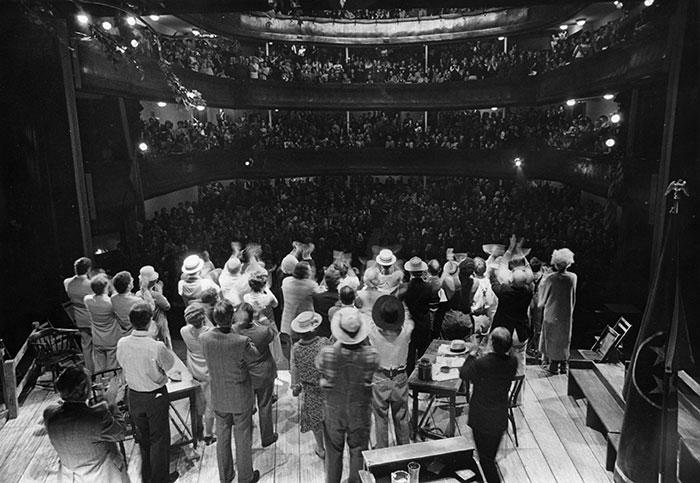
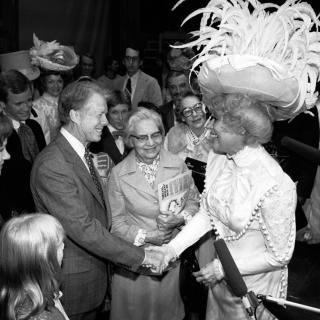
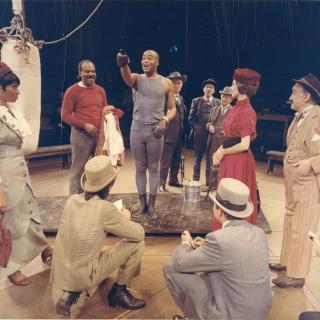
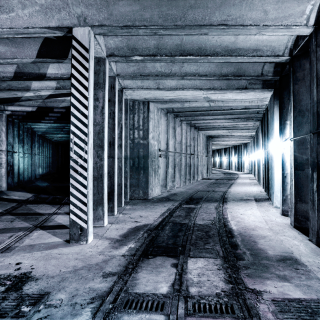
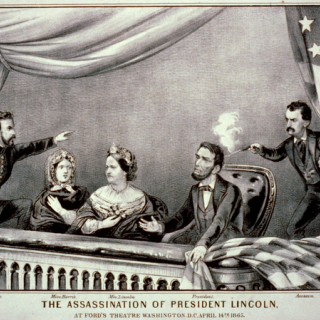
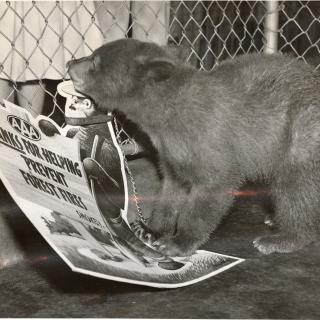
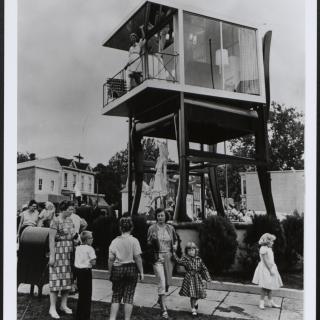
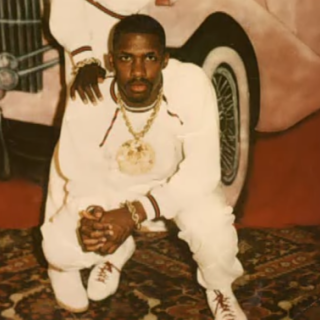
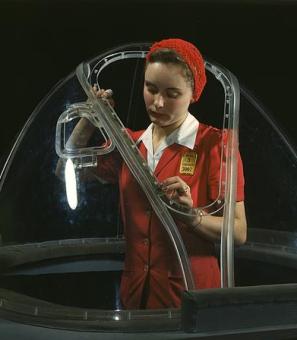 >
>